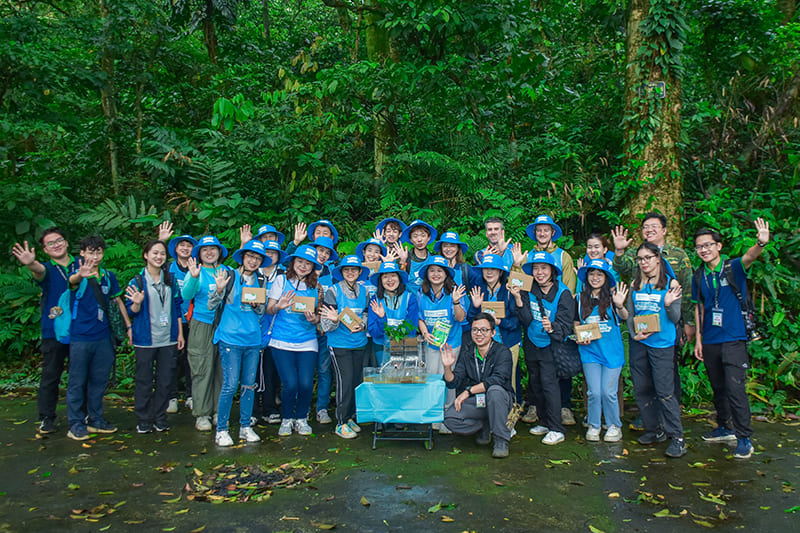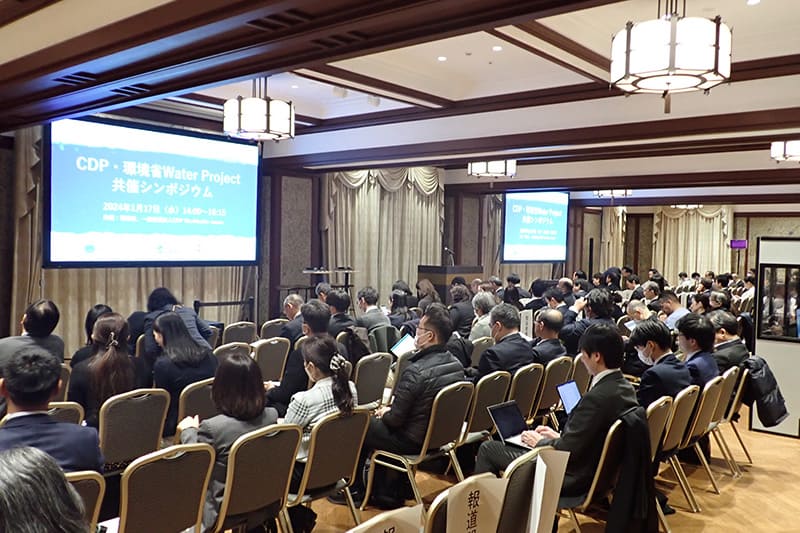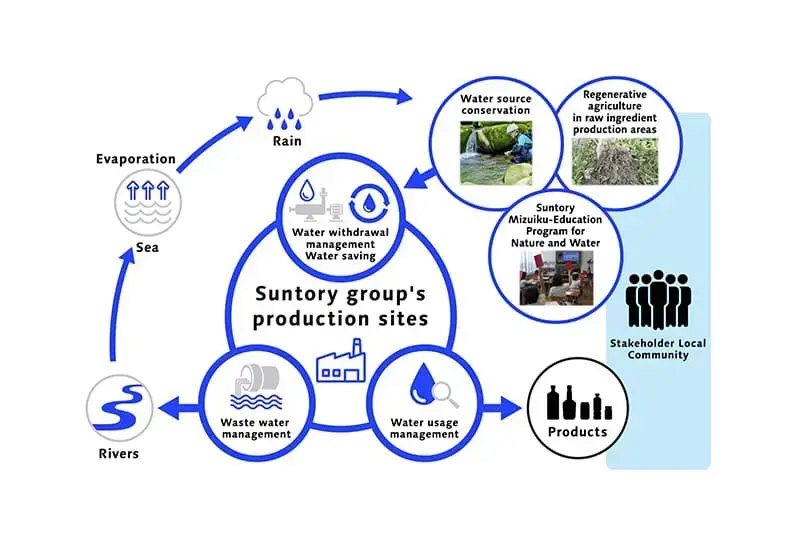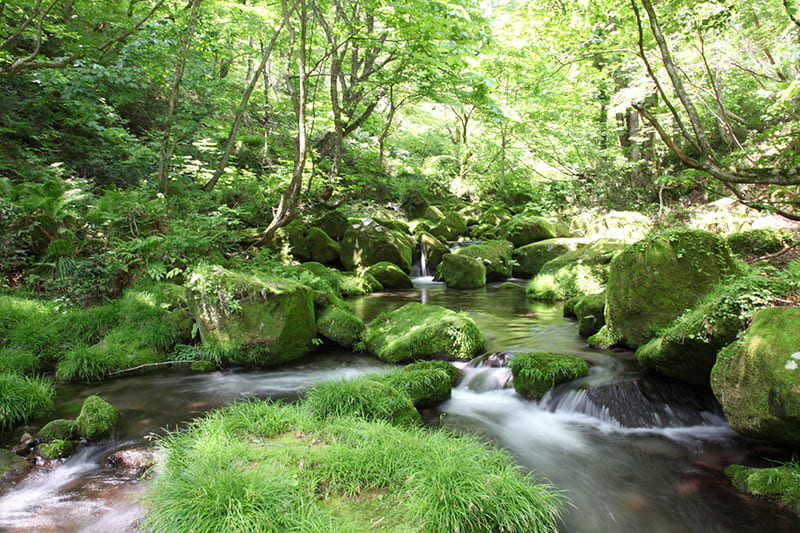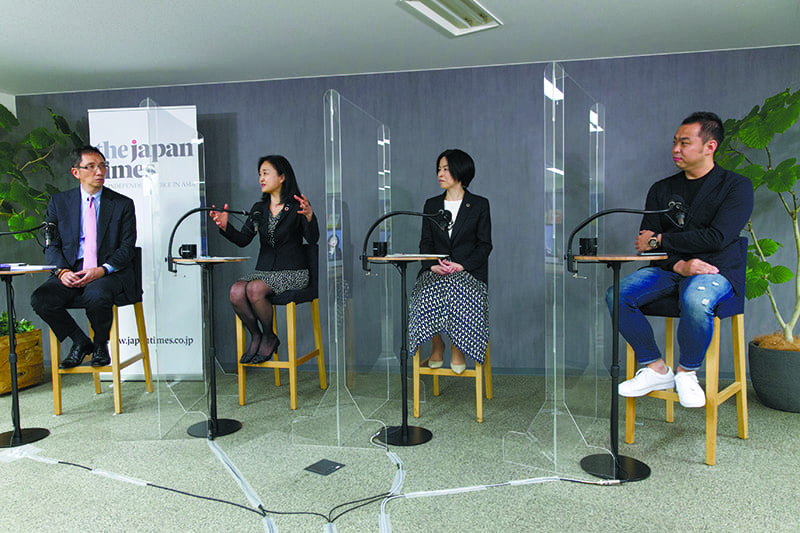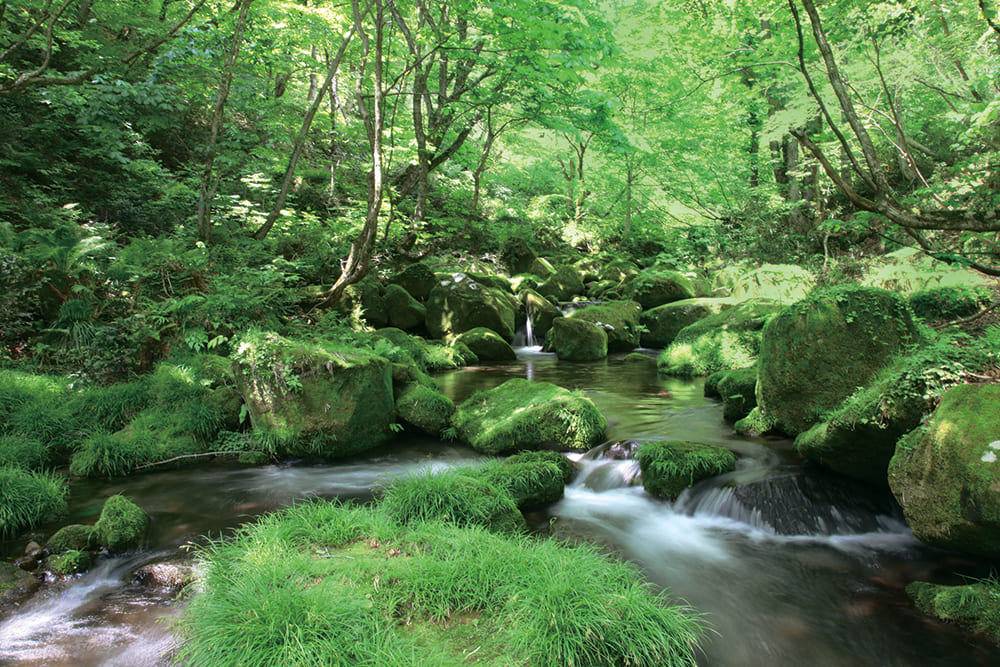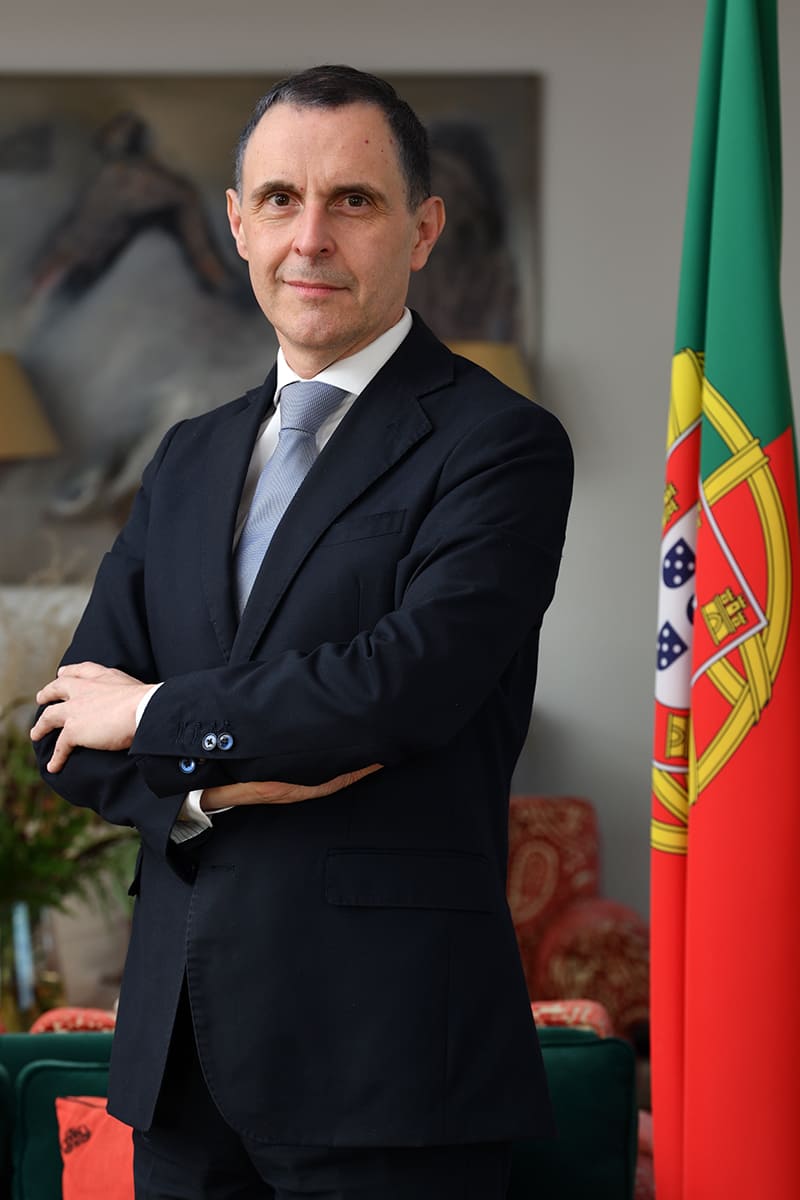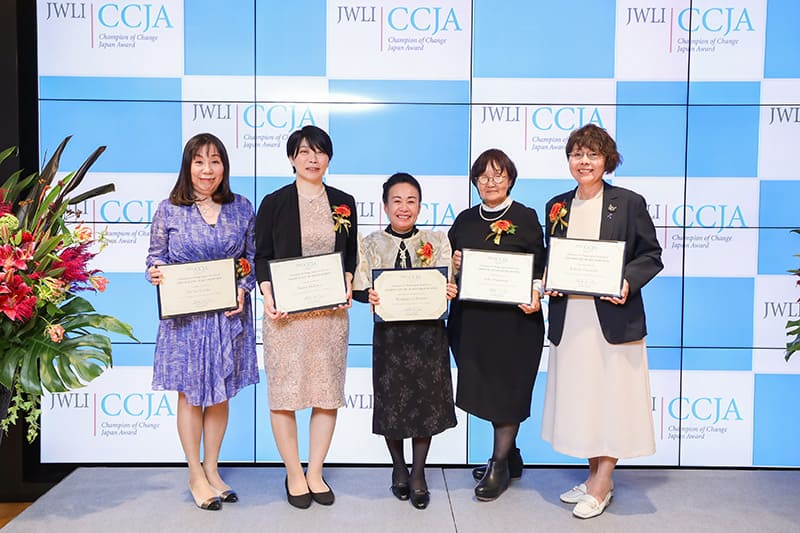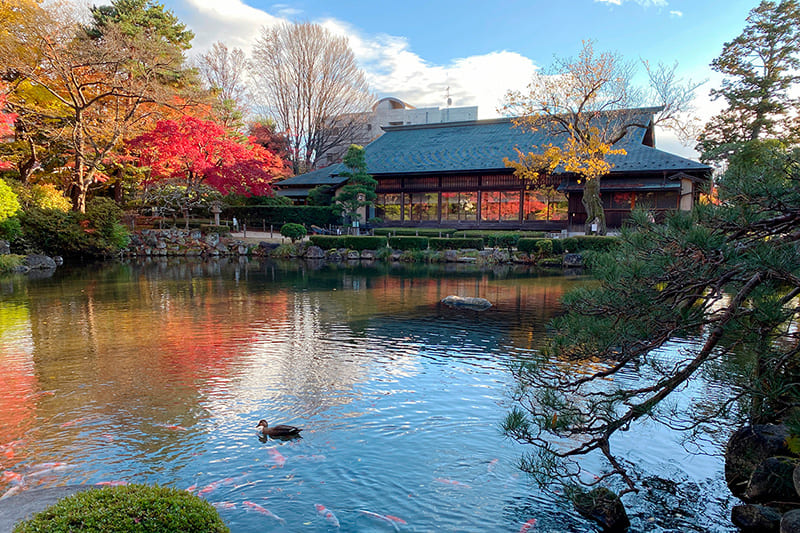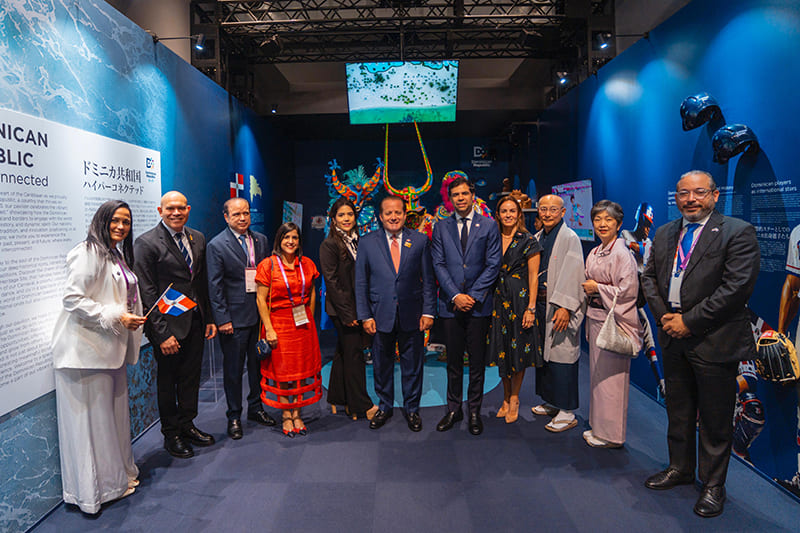May 13, 2018
Building ESG into today’s business models
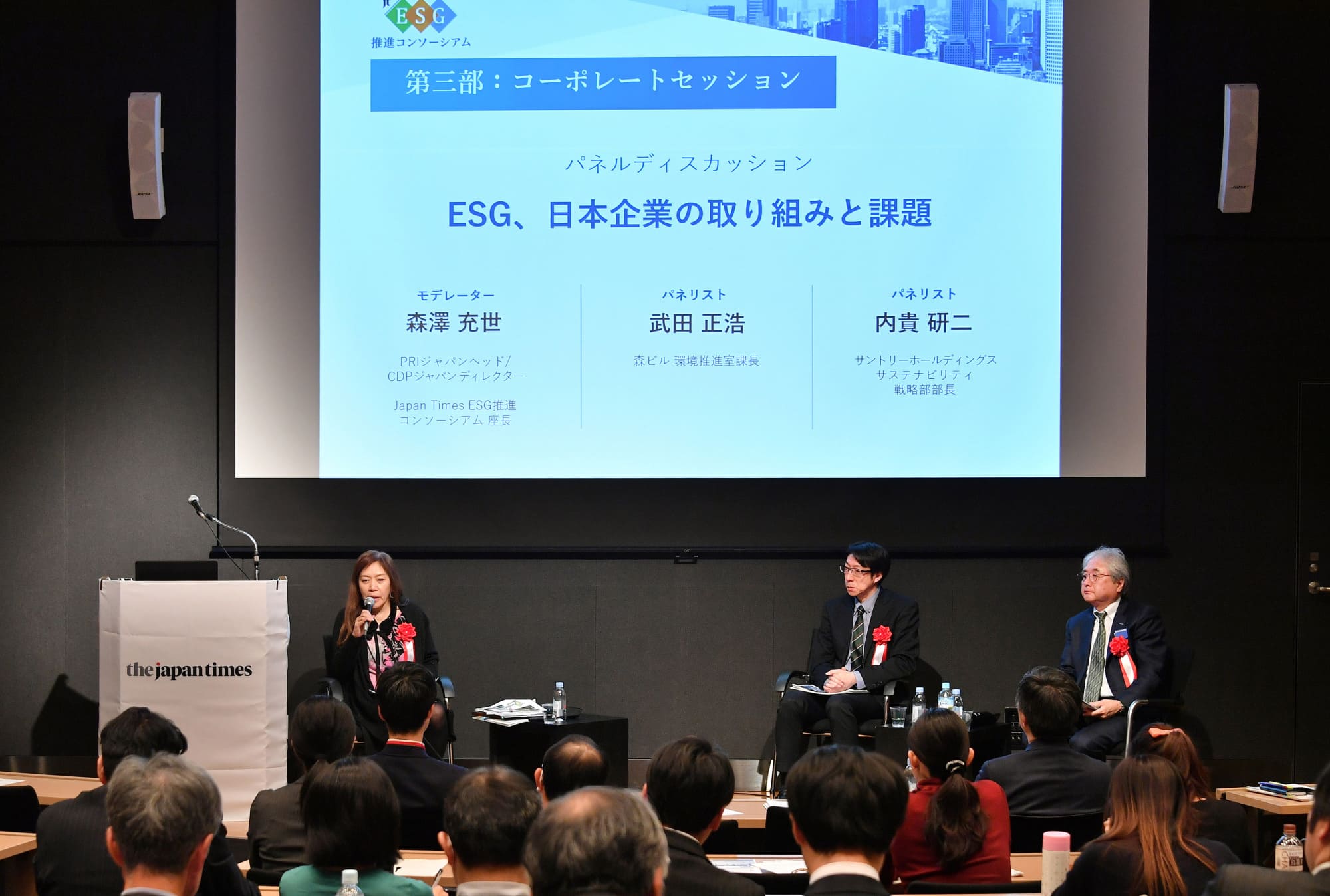
On the back of an increasing global commitment to sustainability, Japanese companies have boosted engagement with the environmental sector and social circles to strive for a sustainable society, participating companies told an audience at a recent forum in Tokyo.
The Japan Times hosted the forum on March 12 to promote and better understand companies’ engagement in the ESG (environmental, social and governance) field.
Michiyo Morisawa, Japan head of the Principles for Responsible Investment (PRI), and CDP (formerly the Carbon Disclosure Project) Japan director, stressed it’s essential for company management to understand what’s important in their ESG efforts and incorporate that into their strategy.
Morisawa, who served as session moderator, said investors have finally started assessing companies from a long-term perspective on their ESG commitment. To further boost responsible investment, PRI, the world’s leading proponent of such efforts with more than 1,800 signatories worldwide, announced a 10-year blueprint last year.
One of two participants from Japanese firms, Kenji Naiki, senior general manager of the Corporate Sustainability Department at Suntory Holdings Ltd., said the company, founded by Shinjiro Torii in 1899, has marked several “epoch-making” events over its nearly 120-year history that are testaments showing that the Osaka-based firm “has developed and flourished thanks to water.”
“Historically, Suntory has highly valued water, and produced products from high-quality water,” Naiki explained. In 1923, it started building a whisky distillery in Yamazaki, Osaka Prefecture, to produce “whisky for, and by, the Japanese,” he said. “Fresh, clean and good water” was the deciding factor in choosing a location, leading the company to select the site.
Water again played a notable role when Suntory established a brewery in Fuchu, western Tokyo, when entering the beer business in 1963. Its second whisky distillery was created in Hakushu, Yamanashi Prefecture, in 1973, which is also renowned for its exquisite water, according to Naiki.
Suntory thus worked on conserving forests that cultivate water resources, in addition to its efforts to “reduce, reuse and recycle” water at its factories, he explained.
“We have to bear responsibility for preserving water sources, as we won’t be able to operate our business if they would be damaged,” Naiki noted. “We have cultivated water resources at 20 locations covering around 9,000 hectares, and we aim to continue expansion to cultivate twice the amount of groundwater our production facilities would use by 2020.”
As the firm recognizes that its production business was supported by nature, it adopted “In Harmony with People and Nature” as its corporate mission, he said, adding that the vision, “Growing for Good,” stressed the necessity for the company to grow further to boost their ability to provide “good” for society.
Additionally, the company launched the Mizuiku natural water education program in 2004 for children so they can understand the importance of water and nature through experiencing water resources on site and lectures, according to Naiki.
Upon the launch of the U.N.’s Sustainable Development Goals in 2015, Suntory found the following analysis that one of the 17 goals that refers to water management is most relevant to the company, Naiki said. This reminded the beverage maker of the importance of water in their business from a global perspective, prompting it last year to coin “Sustainable Water Philosophy” to convey the idea of environmental management thoroughly among its group companies worldwide, he explained.
Meanwhile, Masahiro Takeda, senior manager of the Sustainability Office at Mori Building Co., said the company that was founded in 1959 has seen its focus shift from building development to urban planning. This was driven in particular by the Ark Hills large-scale composite redevelopment project in Tokyo’s Minato Ward, completed in 1986.
“Entering the 21st century, what’s widely said is that it’s the era of cities, rather than that of nations. We have seen fierce battles among world cities to boost their competitiveness,” Takeda said. “We are assigned to develop and nurture a city, working on expanding the infinite potential it possesses.”
As a real estate developer, Mori Building has sought to help resolve social issues that cities confront while growing its business at the same time, Takeda noted.
Through what it calls the Vertical Garden City concept, the company has worked to sort out issues resulting from aging communities, warming temperatures, safe and secure development resistant to earthquakes and addressing various work styles, he explained.
The concept sets out to develop a “compact city” that consolidates working, living and entertainment facilities into high-rise structures, and capitalizes on open area available at ground level to use, including green to “double urban space, as well as improve the environment,” Takeda said.
Citing an ongoing development project in Tokyo’s Toranomon district, he noted that the developer can make large social contributions through infrastructure improvements. Following the opening of the Toranomon Hills Main Tower in 2014, the firm has worked to help rejuvenate the area, which would see some more high-rise buildings and a new subway station.

